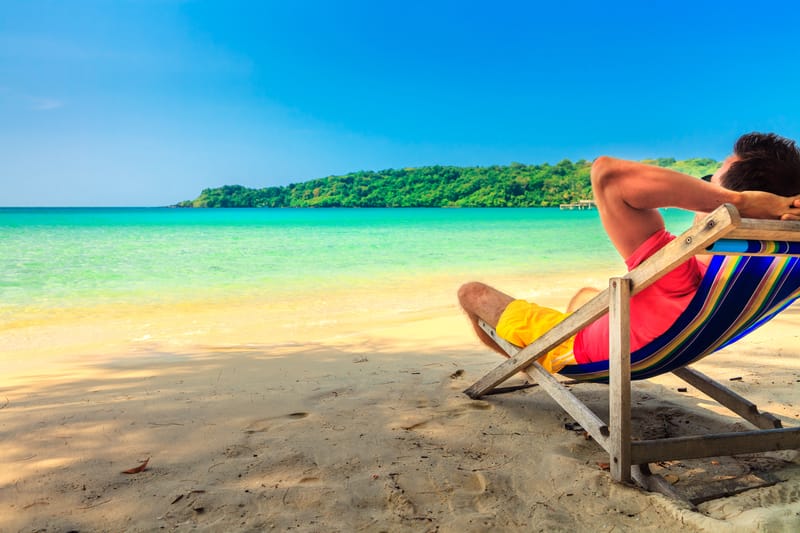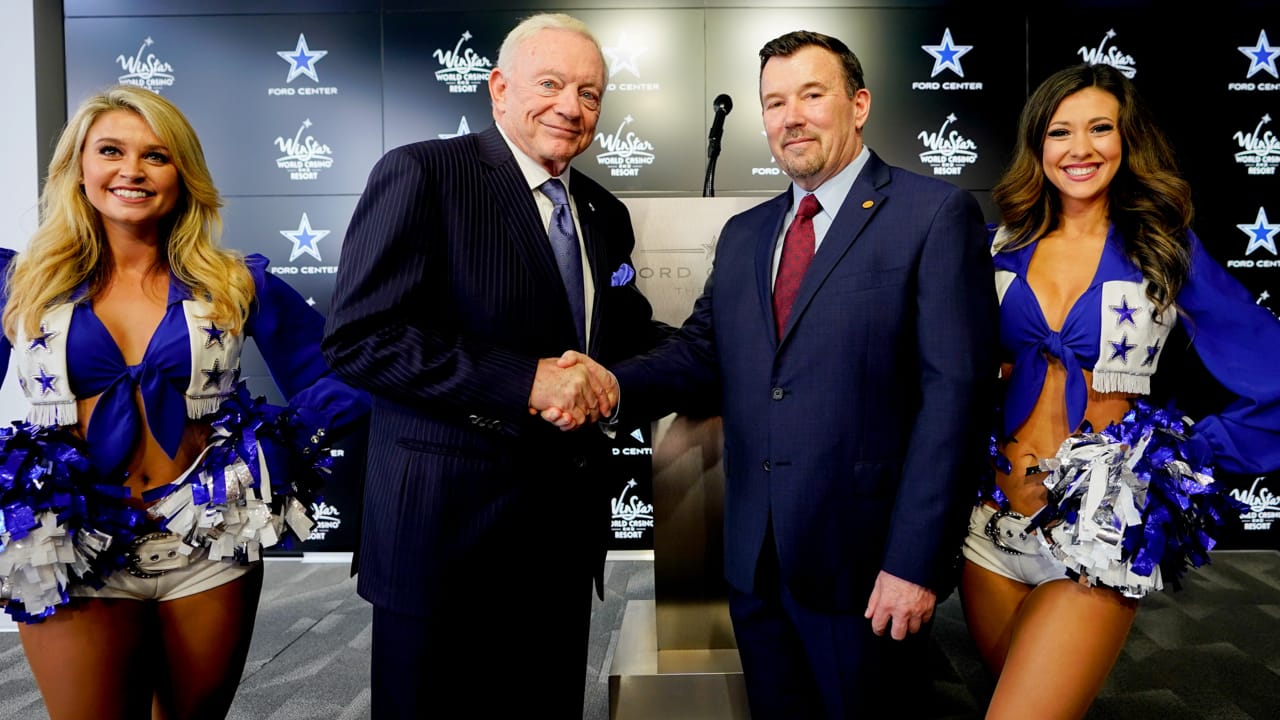Casino Pride Goa Owner
A floating casino off Panaji in Goa. Credit: Devika Sequeira
Panaji: Goa chief minister Manohar Parrikar recently made an announcement in the state’s legislative assembly: all offshore casinos would have to shift to land-based operations within three years if they wanted to continue doing business in Goa. The decision, long expected despite the stock denials, is what the big players in the casino industry had been betting on all along, and it exposes the BJP’s doublespeak on the gambling business in Goa.
Presently there are only two major players in the offshore casinos in Goa, Jaydev Mody who owns the Deltin Group of Casinos and Casino Pride owned by multiple stakeholders. Casino Pride owners also have major stakes in a four-star hotel situated in Porvorim which also houses their corporate office. Explore casino pride casino pride, Goa is a perfect destination for a great time with your dear ones. Enjoy the attractions of this popular tourist spot. With so much to lure your senses and offer you recreation at its best, get drenched in the spirit of adventure that you get to explore at casino pride, Goa.
There are currently six offshore and ten land-based casinos in play here, but live gaming (with dealers opposed to slot machines), where the stakes can go really high, is permitted only on the floating casinos, which makes the transfer and renewal of their licences such a lucrative business.
Jaydev Mody’s Delta Corp Ltd is the biggest player in the Goa casino business. It runs three offshore casinos, Deltin Royale, Deltin Jaqk and Deltin Caravela as well as the onshore Deltin Suites Casino Hotel at Nerul. The Ashok Khetrapal fronted group is the next big casino operator with Casino Pride and Casino Pride 2 anchored in the Mandovi. Pride also runs the land-based Casino Paradise at Porvorim and Casino Palms at Baga.
Casino Pride Goa Owner Portal
Faced with mounting protests over the BJP government granting permission for a sixth offshore casino in the River Mandovi after the party had earlier campaigned against them, a providential occurrence spared Parrikar’s blushes in the monsoon session of the Goa assembly. On July 15, a new casino vessel M. V. Lucky Seven, fully outfitted to commence business as the Big Daddy Casino, drifted off course in stormy weather and ran aground at Miramar beach (near Panaji) where it is currently stuck, turning into a photo-op for tourists. Operations to refloat and tow it away are currently underway.


Casino Pride Goa Owner Email
Lucky Seven is promoted by the controversial former Haryana minister Gopal Kanda. The Tanzanian flag passenger vessel was brought to Goa by Golden Globe Hotels Pvt Ltd (GGHPL), a company started as a subsidiary of Kanda’s defunct MDLR airline. There’s very little information to be found on GGHPL or its businesses, but sources in the company said that Kanda, his son and son-in-law hold a majority stake in it and in their current interest in the casino business in Goa.

Kanda’s foray into casinos here goes back to 2009 when he bought the Leela group’s Casino Rio for a reported amount of Rs 30 crore. Leela had managed an offshore gaming licence in 2006 but the business never set sail. Neither did it under Kanda, and in 2013 the government towed away the abandoned vessel for owing the authorities Rs 12 crore in casino licence fees. The fee with fines had mounted to Rs 50 crore by 2017. This in itself should have been grounds enough to not renew Kanda’s licence. But the Parrikar government renewed it all the same, using the ruse of a court order to justify the decision. In reality, however, it was the state’s advocate general who told the high court of Bombay at Goa that the government would “favourably consider” the Kanda company’s application for renewal.
All the casino licences in Goa – both off-shore and land based ones – were dished out by gung-ho Congress governments, with former chief minister Pratapsingh Rane and former home minister Ravi Naik being the key players in this high stakes game of licence roulette. This uncomfortable fact, as much as the Congress’ role in the mining scam, provided the BJP its biggest ammunition for the 2012 state assembly election which it won with a clear majority. Parrikar would turn up at anti-casino protests with RSS supporters, and doing away with casinos went to the top of his party’s 2012 manifesto, even as behind the scenes assurances were reportedly given that they would be allowed to carry on with business as usual.
Once in government though, the commitment by the BJP to move the casinos out of the Mandovi and regulate the trade was never seen through. The promise to set up a gaming commission has not seen the light of day even five years later. What the government did in effect, is facilitate more opaque operations, allowing the state’s Captain of Ports, rather than the Centre’s Director of Shipping – as was the case previously – to licence the casino vessels, most of which are not even seaworthy. In 2014, the BJP also reversed the law it had brought in to ban the transfer of casino licences when it allowed the Pride group to take over the V. M. Salgaocar & Bro Pvt Ltd owned Casino Carnival. The government collected a fee of Rs 5 crore for the transfer, and the deal went through for an unconfirmed amount of Rs 80 crore.
More recently, Parrikar has argued that casinos have brought jobs, revenue and also enhanced the state’s tourism industry. Doing away with them would hurt investor sentiment. Though he was “serious” in his “opposition to casinos”, it was the government’s duty “to ensure there is continuity in policies,” he told the Goa House. Parrikar bolstered his arguments with figures of revenue earned from casinos: a total of Rs 743 crore was collected over the last three years from commercial taxes and licence fees paid to the home department.
But how close is this to their actual takings?
Inconsistency and flip flops have been the hallmark of government policy on casinos in Goa. The intended confusion has not only encouraged, but practically endorsed an unregulated conduct of the business, and allows politicians to collect a “recurring monthly fee”, as a casino operator puts it. The government currently charges between Rs 10 crore to Rs 12 crore as a yearly fee for off-shore gaming, depending on the passenger capacity of the vessels. Land-based casinos pay Rs 4 crore a year. But industry observers say this is peanuts in the serious gambling business, given there’s no authority to monitor operations or even determine the number of footfalls.
On any given night, the streets of Panaji, near the city’s jetty, are packed with parked vehicles – a visible hindrance to those who live in the area. This no doubt is clear proof of how busy the casinos are. While the bigger vessels pack up to 1500 gambling enthusiasts a day in what’s become 24×7 operations, particularly over the weekends, the smaller vessels crowd in some 800-1000 passengers, says the source. The over-crowding has been overlooked for years.
The principle reason for bringing in floating casinos – the Congress had argued when it allowed the first one here in 2001 – was to keep the gambling off limits to locals. A kind of out-of-sight-out-of-mind policy. An attempt by the Parrikar government to ban the entry of locals in the casinos has never been seriously implemented either. In 2012, Parrikar had brought in major amendments to the Goa Public Gambling Act, 1976 to ban the transfer of casino licences – it was then revoked by his government in 2014). Only tourists with valid permits were to be allowed, not locals, but no such permits were ever issued, nor are IDs asked of anyone walking into a casino.
Casino Pride Goa Owner Login
Under the BJP government, Delta Corp was also given a dedicated jetty for its offshore operations in Betim. Mody, who is a familiar figure in Goa, was among the front-benchers at the swearing in ceremony of the new government at Raj Bhavan in March this year, after the BJP’s controversial takeover of power. The Delta Corp chairman now also owns FC Goa, after he bought a 65% stake in the football team that was jointly held by Dattaraj Salgaocar and Srinivas Dempo.


All we’ve learnt so far from the chief minister’s assurances in the state assembly is that a “comprehensive policy” on casinos will be out within three months and that offshore casinos would be moved to a “designated entertainment zone” on land within three years. Sources in the industry said they’d been told they would have to put up high-end casino hotels at Mopa, North Goa, where Goa’s controversial new greenfield airport is to come up. The BJP and its recent ally Goa Forward – whose ambitious leader Vijai Sardesai has also done a U-turn on casinos – no doubt see the move as politically and economically advantageous. It would help them justify the construction of the new project as well as give the casino industry in Goa a permanent base. But will it go down well with the public?